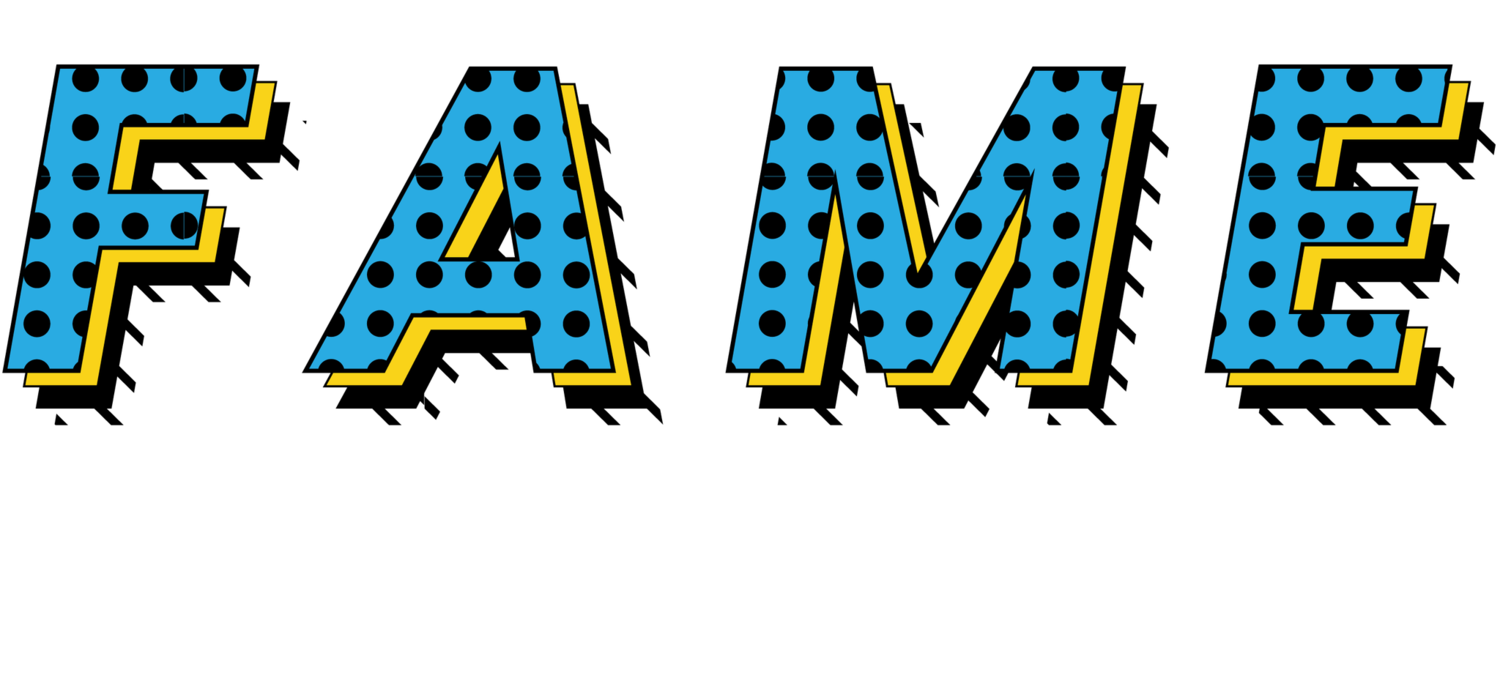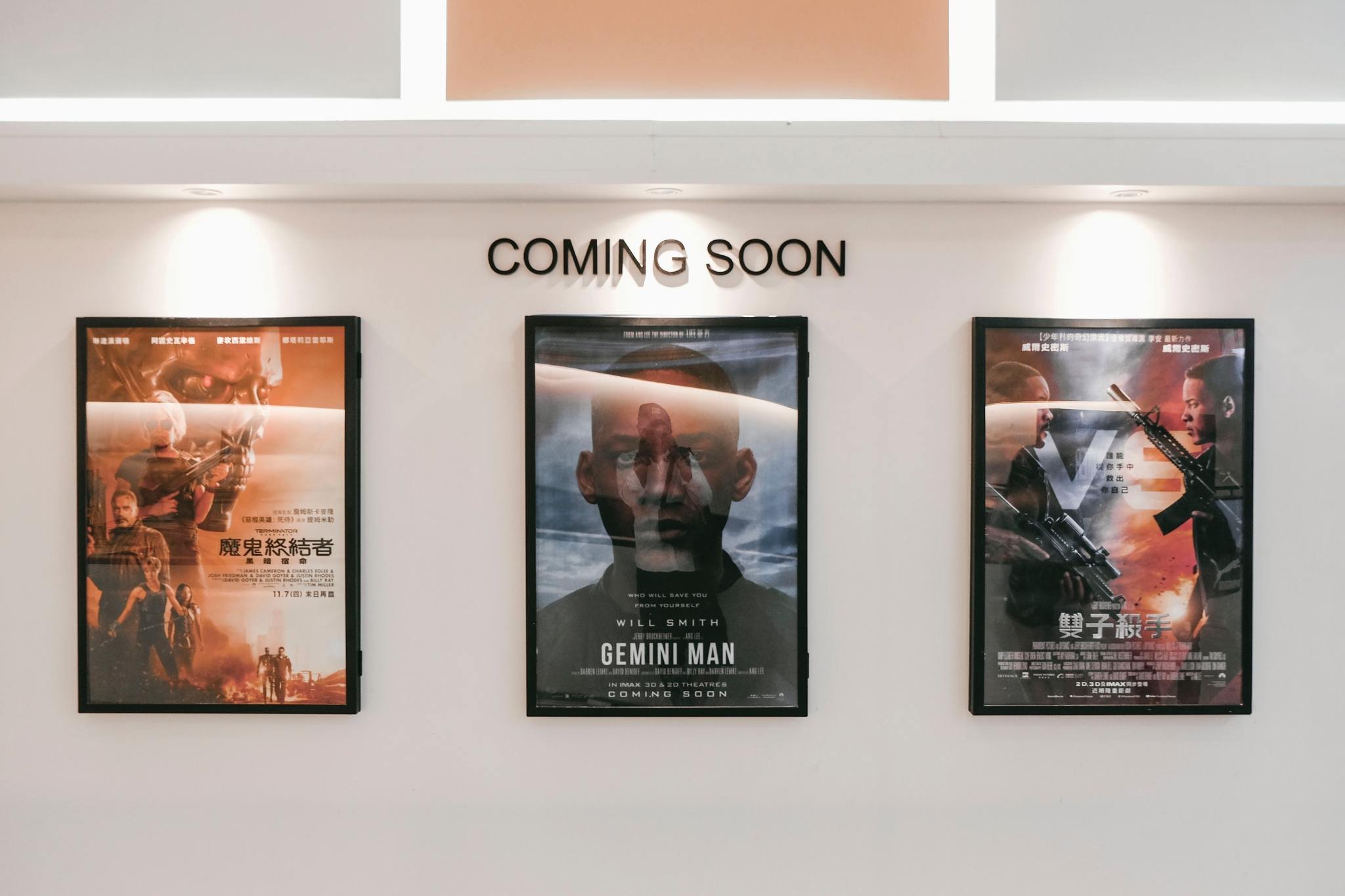(C)opyright Chronicles USA with Sonal Jain
Note: This interview was conducted at the end of 2020.
Would you please introduce yourself and briefly describe the work that you do at IMAX.
I practiced as a corporate lawyer at Davis Polk & Wardwell, and later at Torys LLP, in New York City. My practice focused on capital markets, credit financing and corporate governance. I advised investment banks, consumer lending institutions and Fortune 500 companies. Five years later, I transitioned to the entertainment industry and landed at Twentieth Century Fox’s Legal Affairs Division in Los Angeles.
As the lead lawyer for Fox’s International Theatrical Distribution and Marketing divisions, I counseled executives on a broad range of theatrical matters, including: distribution agreements, licensing deals, social media marketing, media buying and planning and exhibitor relationships. I also advised on issues involving IP rights, privacy, litigation, tax, compliance and non-disclosure issues. After 7 years at Fox, I joined IMAX’s Business and Legal Affairs group in January 2020. I support IMAX’s theatrical distribution, post-production and marketing groups. It’s been a great experience thus far. I’m enjoying working on the exhibition side of the industry, while still closely collaborating with all the studios on behalf of IMAX.
What does a regular day look like for you, who are you mostly dealing with?
I would say there is no “regular” or “typical” day! This is one of my favorite aspects of the job as there are always new issues that arise on a daily basis — as an in-house lawyer, you’re required to develop legal solutions that will address both your clients issues and also protect your company from legal risk. At IMAX, I work very closely with and support the distribution, post-production and marketing business units (aka “my clients”). I’ve also had the opportunity to support the company’s human resources and corporate business units, as well as collaborating with the finance and tax departments. In helping my clients with their deals, I also regularly work with my counterparts at the major Hollywood studios. For example, a theatrical distribution deal would involve the following team: IMAX distribution business team, IMAX legal counsel (me), studio’s distribution business team, and studio’s legal team.
To address it upfront, how have you adapted to a COVID-normal?
As we’ve all seen, COVID-19 has had a dramatic impact on all industries, including the entertainment industry. The theatrical and exhibition business, in particular, has been hit quite hard. Cinemas around the world have closed, opened, re-closed or continue to remain closed. We’ve seen studios move their major tentpole releases from 2020 to 2021/2022. The North American box office has seen a significant decline, with major markets such as Los Angeles and New York City still closed. However, it’s been comforting to see the box office rebound in international markets — specifically in China, which is on track to become the biggest film exhibition market in the world this year. It’s been great to see that the demand for cinema-going is as high as ever (once health restrictions were lifted) and that consumers are excited to get back to the theaters. During these uncertain and unprecedented times, I’ve tried to maintain a positive attitude, stay connected with co-workers while we continue to work from home (via Zoom, Slack, email, phone calls, text, you name it!), and focus on helping my clients. Though it will take time, I look forward to the day that the theatrical business regains its full strength.
The transition from the corporate law sector to the entertainment industry would have been a huge transition. What were the biggest similarities, differences and challenges that you found between these two largely different areas in the legal industry?
The biggest difference between practicing corporate law in a law firm and working in-house in the entertainment industry has been the ability to learn about the inner-workings of a particular business/industry — by going in-house, you really have the opportunity to focus on your company’s business, goals and strategy. At a law firm, given the nature of the work, it was difficult to work with colleagues outside of a specific practice area. Working in-house allows an attorney to regularly collaborate with business divisions and other lawyers, gain management responsibilities and learn about the compliance and regulatory aspects of a business. And of course, there are no billable hours for in-house attorneys! In terms of similarities, I would say that the core of an attorney’s job remains the same — identify legal issues and provide solutions to best help your clients.
Have you always wanted to work in the entertainment industry? Do you find it to be more enjoyable/interesting than your former work in capital markets, credit financing and corporate governance?
I have always been a fan of cinema. Every Saturday night growing up, my family and I would either visit the cinema or rent a movie. We watched everything from western classics to the latest blockbuster action movie. As a law firm associate, I loved finding an escape at the movie theater — film is an immersive story-telling experience that allows you to be transported to an alternate reality. While I enjoyed my law firm experience, I was looking to transition to a field that was more tangible in a way that corporate law was not and given my interest in cinema, the entertainment industry was a natural fit. It’s exciting to see a film in the theater or a film trailer on YouTube and know that you played a part in making that film come to life! While at the law firms, I focused on gaining general corporate experience, as well as experience in specialized practice areas. I believe my experience as a well-rounded corporate lawyer helped me to transition to an in-house counsel position in the entertainment industry.
Has there been a client you worked with that you found particularly enjoyable, interesting, or unforgettable?
While at Fox, I was very fortunate to counsel the incredible and creative international theatrical marketing team. The marketing team had brilliant ideas, as evidenced by the marketing campaigns for Deadpool and Bohemian Rhapsody. It was a joy to work on such interesting and innovative projects.
What skills and attributes do you think are key that we as students should be looking to develop to crack into entertainment law?
To break into the entertainment law field, you should try to gain as much entertainment law experience in any way possible — whether it means working on a pro-bono entertainment project at your law firm, joining your law school’s entertainment law society, networking with law school alumnae who are in the entertainment industry, etc. For law students in particular, it’s very helpful to have a strong understanding of contractual and intellectual property law.
Stock photos obtained from pexel.com



